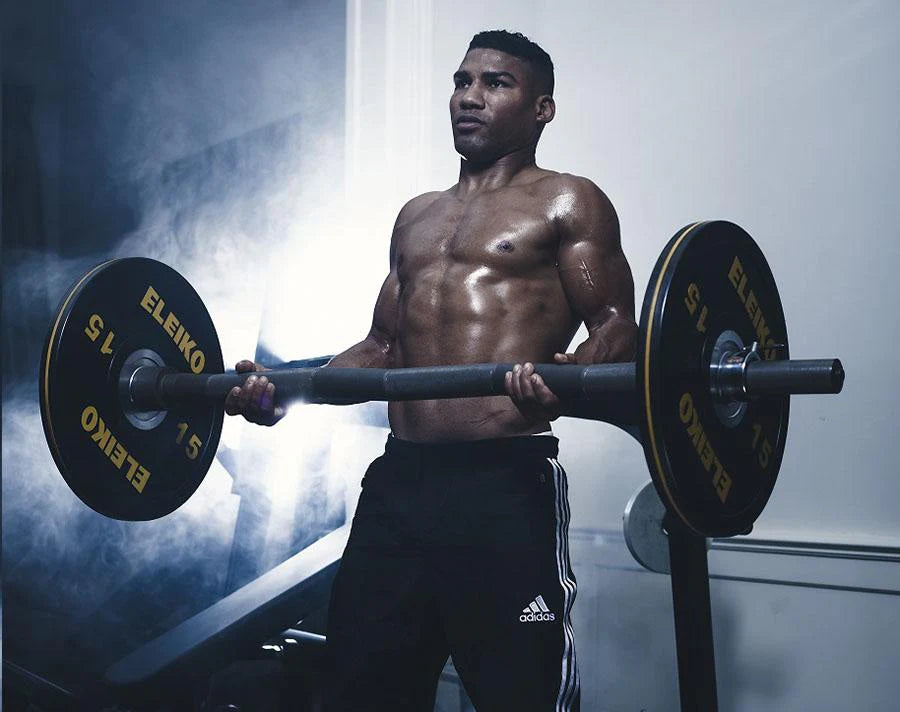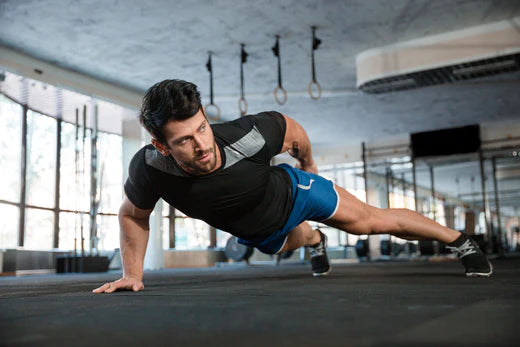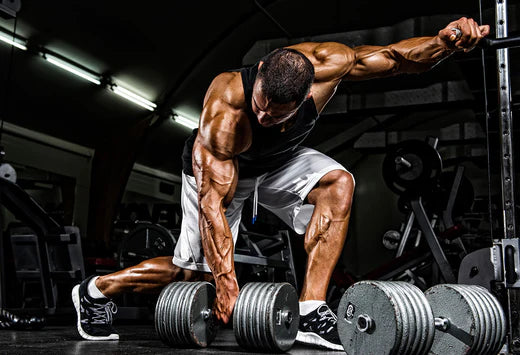5 Benefits of Thick Bar Training

Your cart is empty
Continue shoppingWe use cookies and similar technologies to provide the best online shopping experience. Privacy Policy

Call or Text
To place a new order or for assistance with an existing order call or text us at 1 (855) 534-4919
Mon-Fri: 8am-5pm EST
Sat-Sun: Closed
Live Chat
Have questions or need help? Chat with us using the icon in the bottom left.
Mon-Fri: 8am-5pm EST
Sat-Sun: Closed
You can also email us for customer service or product support at support@ironbullstrength.com.
Most emails are answered within 1 business day, but can take up to 3 business days.
Order Tracking
Looking for your shipment? Track your order status anytime using your order number and email.
Most orders ship within 1–2 business days after processing.

